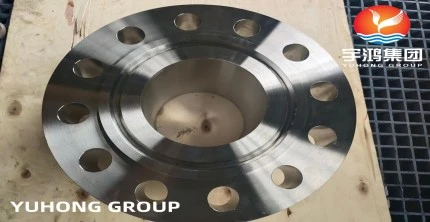In the world of plumbing, materials matter. From durability to corrosion resistance, the choice of piping material can make a significant difference in the performance and longevity of plumbing systems. One material that has stood the test of time and continues to excel in modern plumbing solutions is copper alloy pipe. Renowned for its reliability, versatility, and superior performance, copper alloy pipe has been a staple in plumbing applications for centuries.
What Is A Copper Alloy Tube?
A copper alloy tube is a type of piping made from a blend of copper and other metals to enhance specific properties and performance characteristics. Common alloys used in copper alloy pipes include brass, bronze, and cupronickel. These alloys are meticulously engineered to provide superior durability, corrosion resistance, thermal conductivity, and formability compared to pure copper. Copper alloy tubes are widely utilized in various plumbing, heating, cooling, and industrial applications where reliability, longevity, and efficient heat transfer are paramount. With their exceptional mechanical properties and versatility, copper alloy tubes play a crucial role in advancing modern infrastructure and plumbing solutions across diverse sectors.
Advantages of Copper Alloy Pipes
Unparalleled Durability
One of the most compelling reasons for the widespread use of copper alloy pipe in plumbing is its unmatched durability. Copper alloys, such as copper alloy c12200 (commonly known as DHP Copper), offer exceptional strength and resilience, capable of withstanding high pressure and temperature fluctuations without compromising structural integrity. Unlike other materials prone to corrosion and degradation, copper alloy pipe is inherently resistant to rust, erosion, and microbiologically influenced corrosion (MIC), ensuring long-term reliability and minimal maintenance requirements for plumbing systems.
Superior Corrosion Resistance
Corrosion is the arch-nemesis of plumbing systems, causing leaks, pipe failures, and costly repairs. However, copper alloy tube, especially sb111 c70600, boasts innate corrosion resistance, making it an ideal choice for both potable water distribution and aggressive chemical environments. The protective oxide layer that forms on the surface of copper alloys acts as a barrier against corrosion, preventing the degradation of the pipe material and preserving water quality. This corrosion resistance extends the service life of copper alloy tubes, providing peace of mind to homeowners, businesses, and infrastructure developers alike.
Efficient Heat Transfer
In addition to its exceptional corrosion resistance, copper alloy pipe is renowned for its superior thermal conductivity, making it an efficient choice for plumbing systems that require heat transfer capabilities. Whether used in radiant heating systems, solar thermal applications, or HVAC installations, copper alloy pipes excel at transferring heat quickly and efficiently, ensuring optimal comfort and energy efficiency. The ability of copper alloy tubes to rapidly respond to temperature changes makes them well-suited for applications where precise temperature control is essential, such as in hydronic heating systems and industrial processes.
Copper Alloy Pipes Applications
Plumbing Systems: they are favored for their corrosion resistance, durability, and ease of installation, ensuring reliable water and fluid transport.
HVAC and Refrigeration: HVAC and refrigeration systems benefit from the superior thermal conductivity of copper alloy pipes, facilitating efficient heat transfer and precise temperature control.
Oil and Gas Industry: copper alloy tubes are used in demanding environments for applications such as oil coolers and hydraulic lines, thanks to their corrosion resistance and ability to withstand high pressures and temperatures.
Shipbuilding and Marine Applications: Copper alloy tubes are used in shipbuilding and marine applications because they resist corrosion in seawater. They are utilized in a variety of applications, including pipeline systems, heat exchangers, and condensers.
Electrical Applications: Copper alloy tubes are utilized in electrical applications that demand high electrical conductivity. They are employed in electrical system components such as busbars and conductors.
The Specifications of Our Products
ASTM B111/ ASME SB111 TUBES PROVIDED BY YUHONG
ASTM B111 Specification | ASTM B111/ASME SB111 |
ASTM B111 Copper&Copper Alloy Tube Type | Condensers, Evaporators, Heat Exchangers |
ASTM B111 Tube Size in Outside Diameter | Up to 3 1⁄8 in. [80 mm] inclusive |
ASTM B111 Tubing Length | Up to 6 mater,custom cut lengths |
ASTM B111 Heat Exchanger Tube Thickness | Up to 0.120 inch[3 mm] inclusive |
.jpg)

 English
English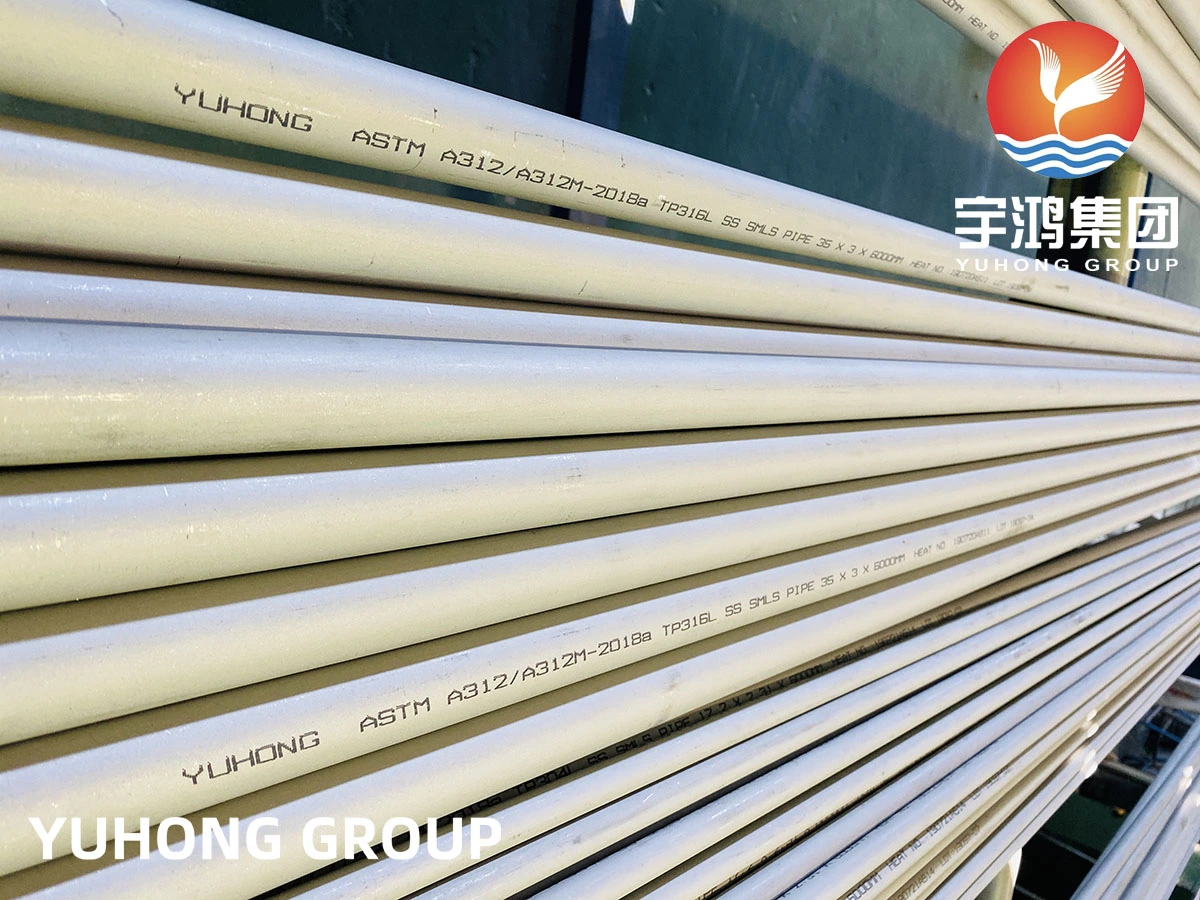
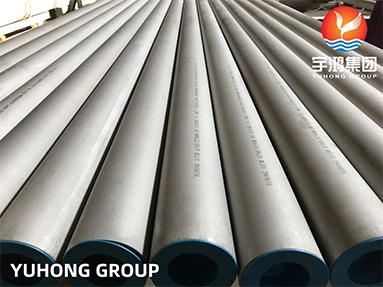
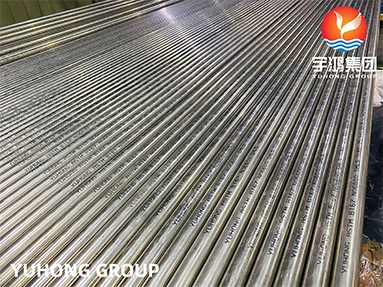
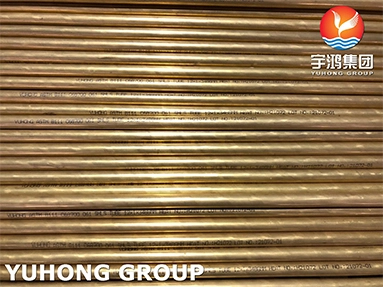
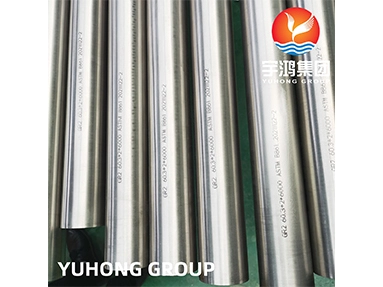
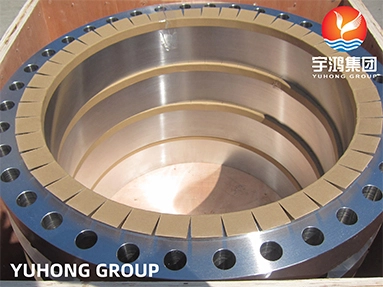
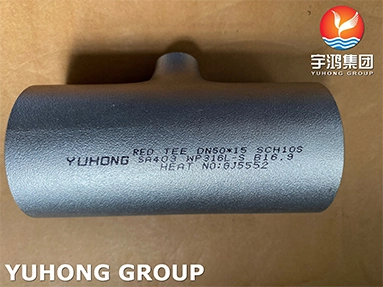
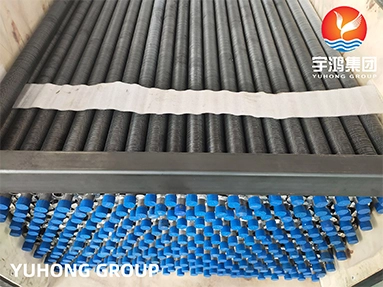
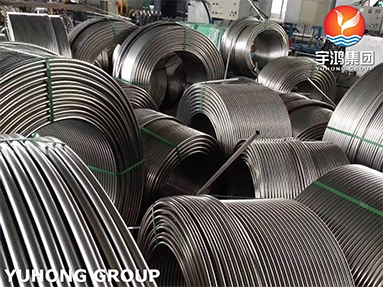


.jpg)
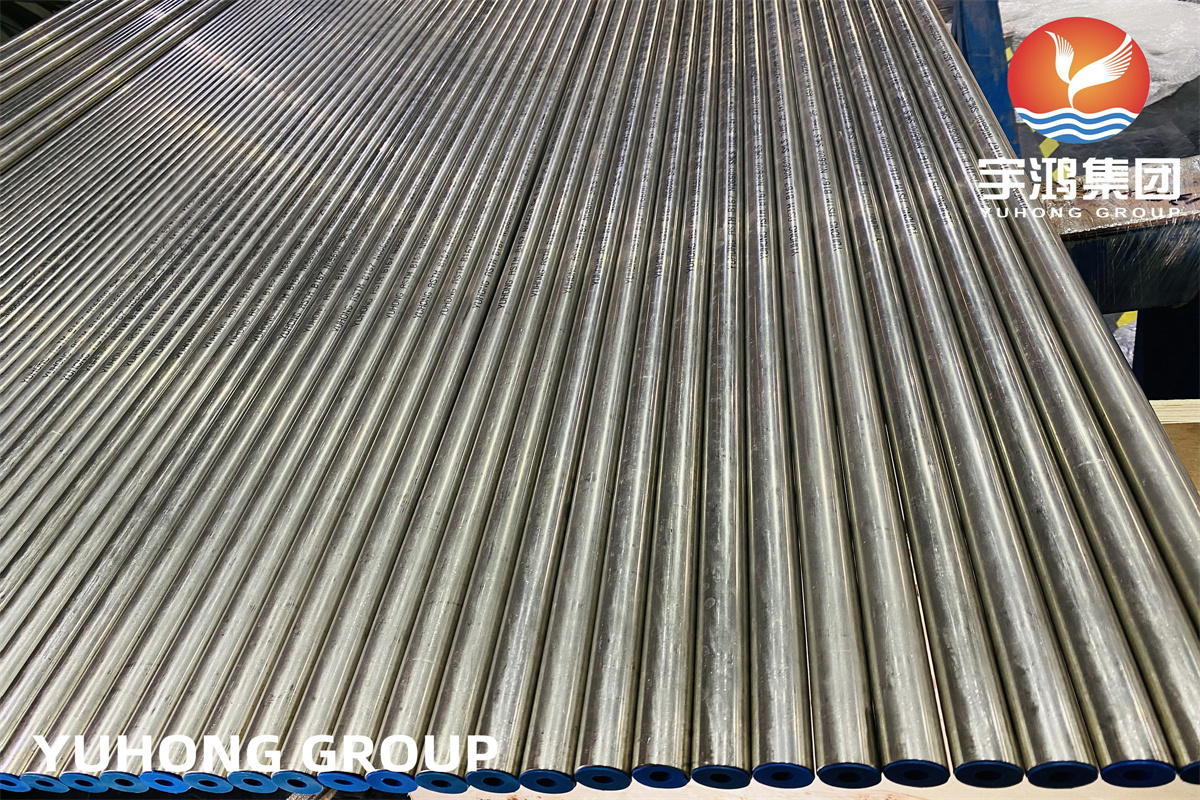
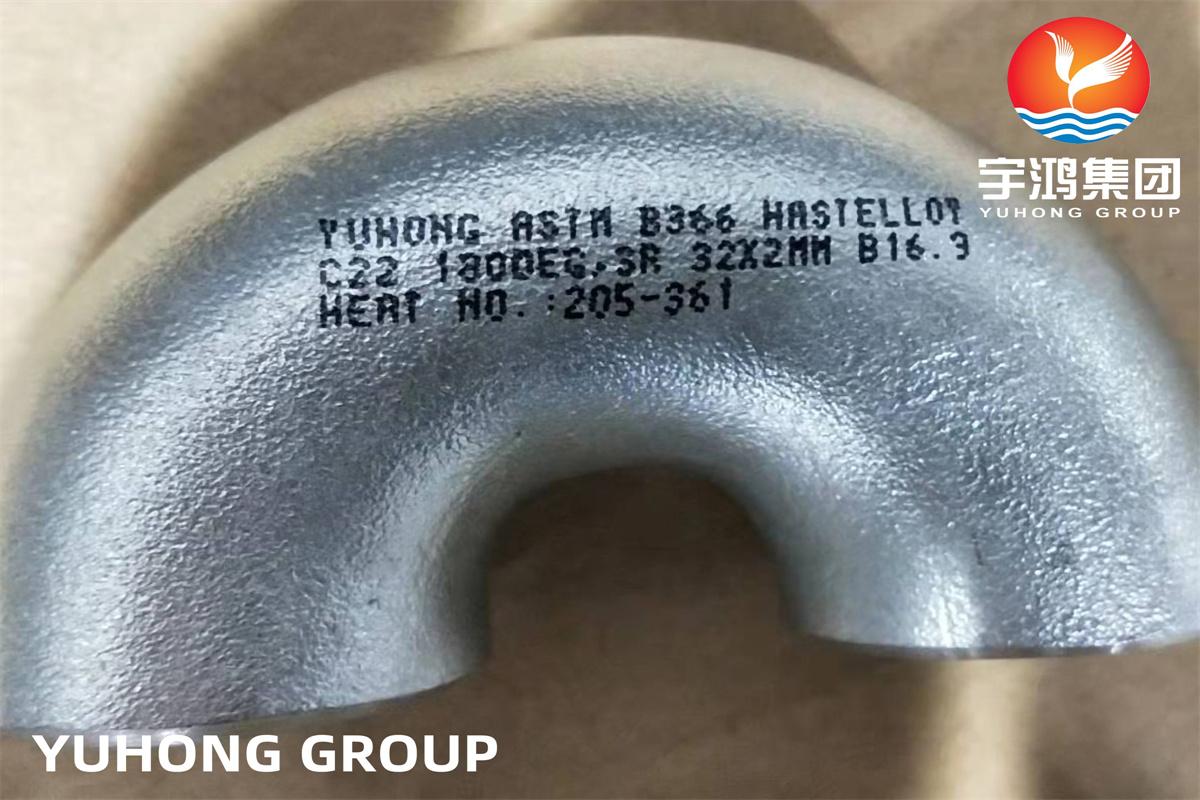
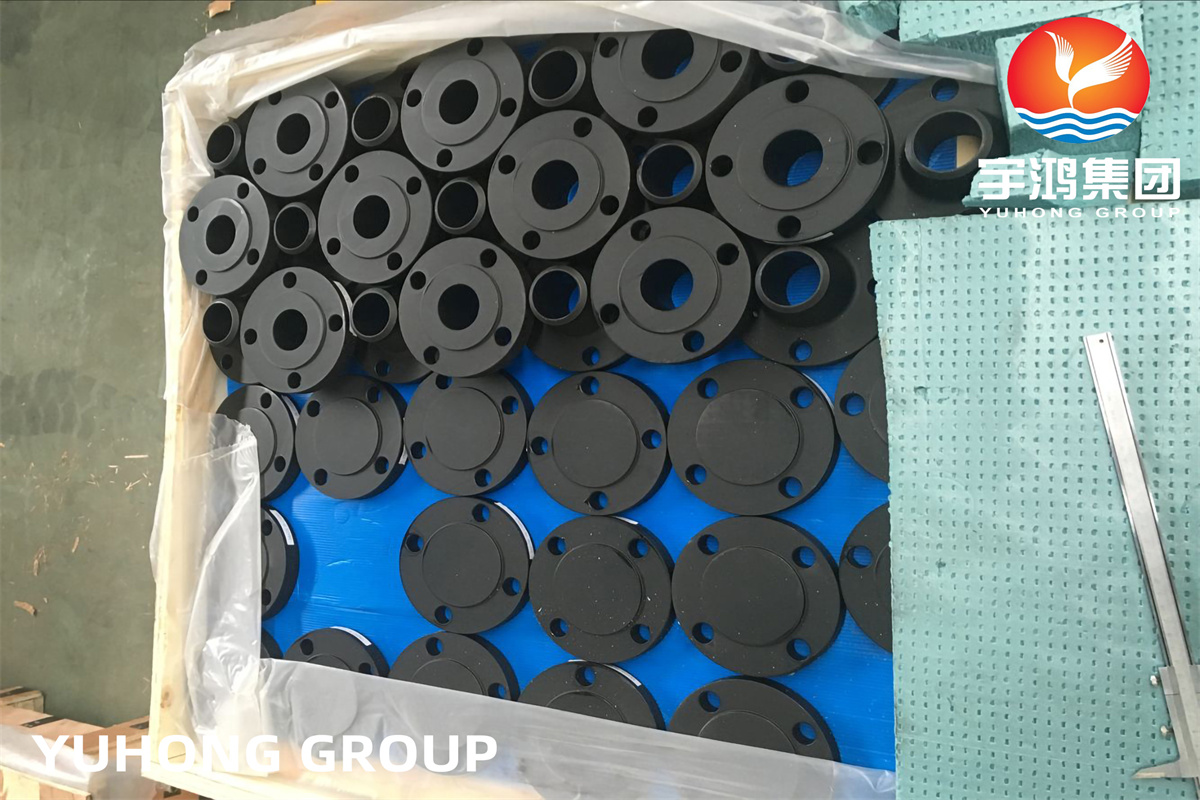
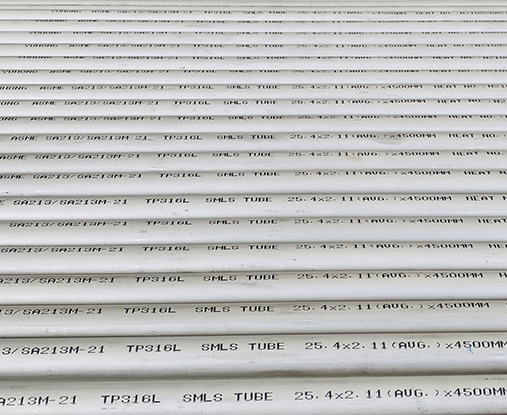
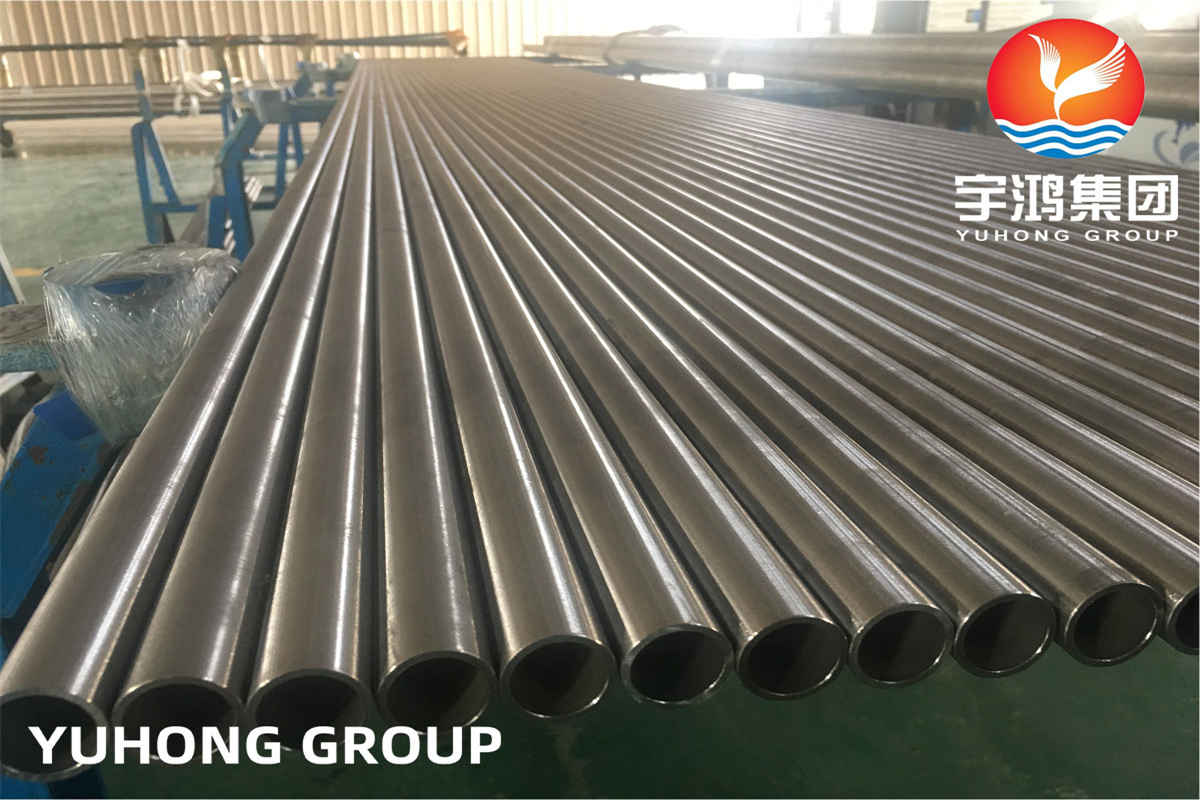
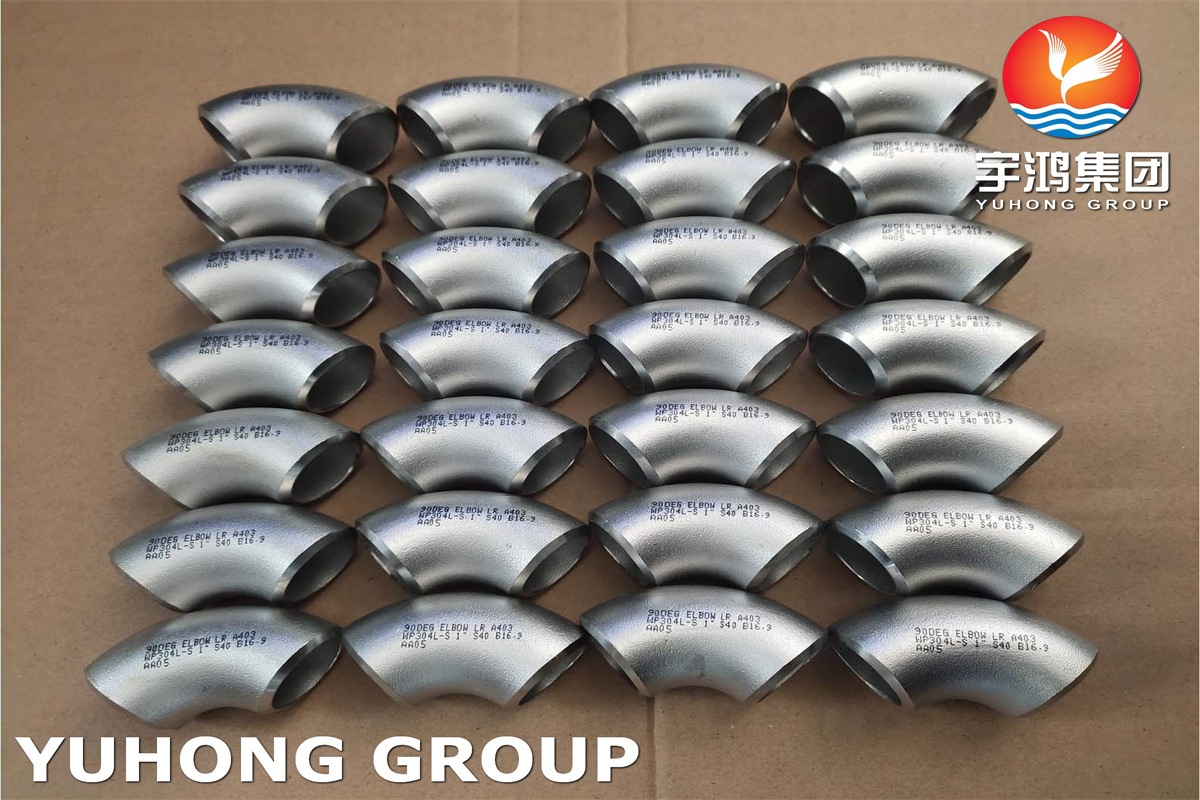
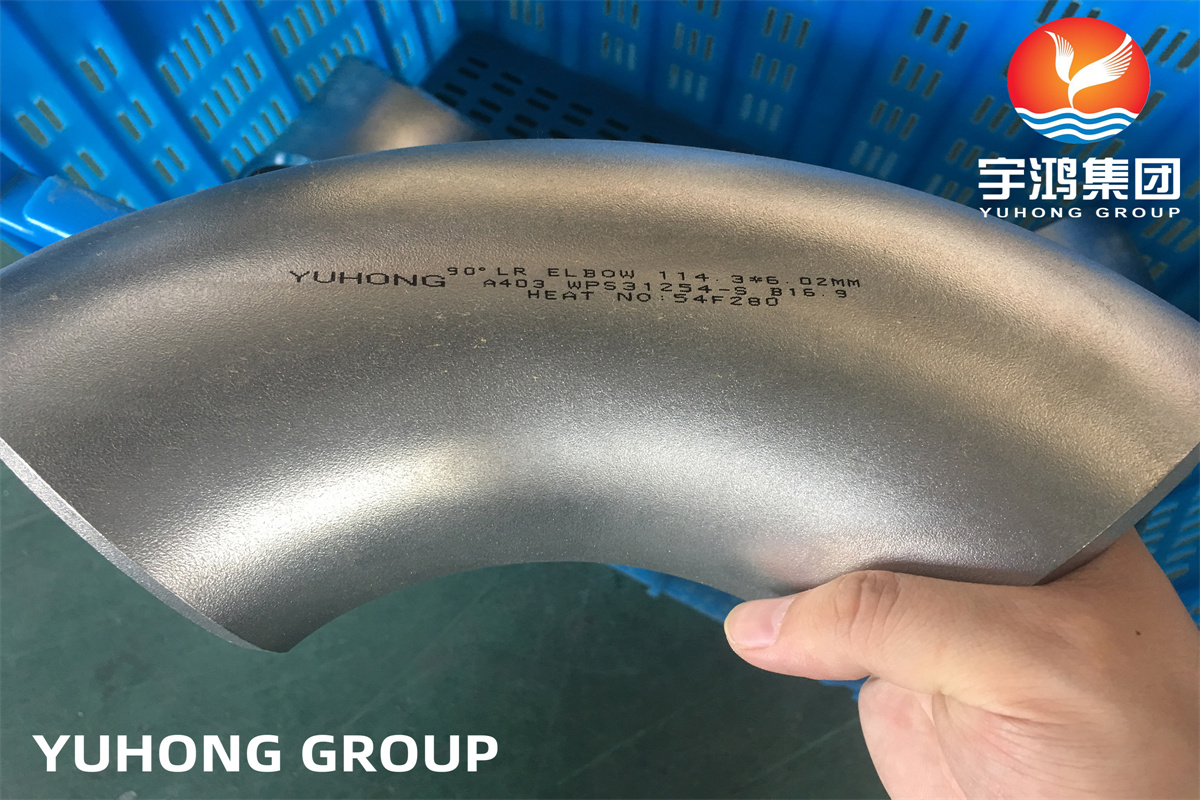
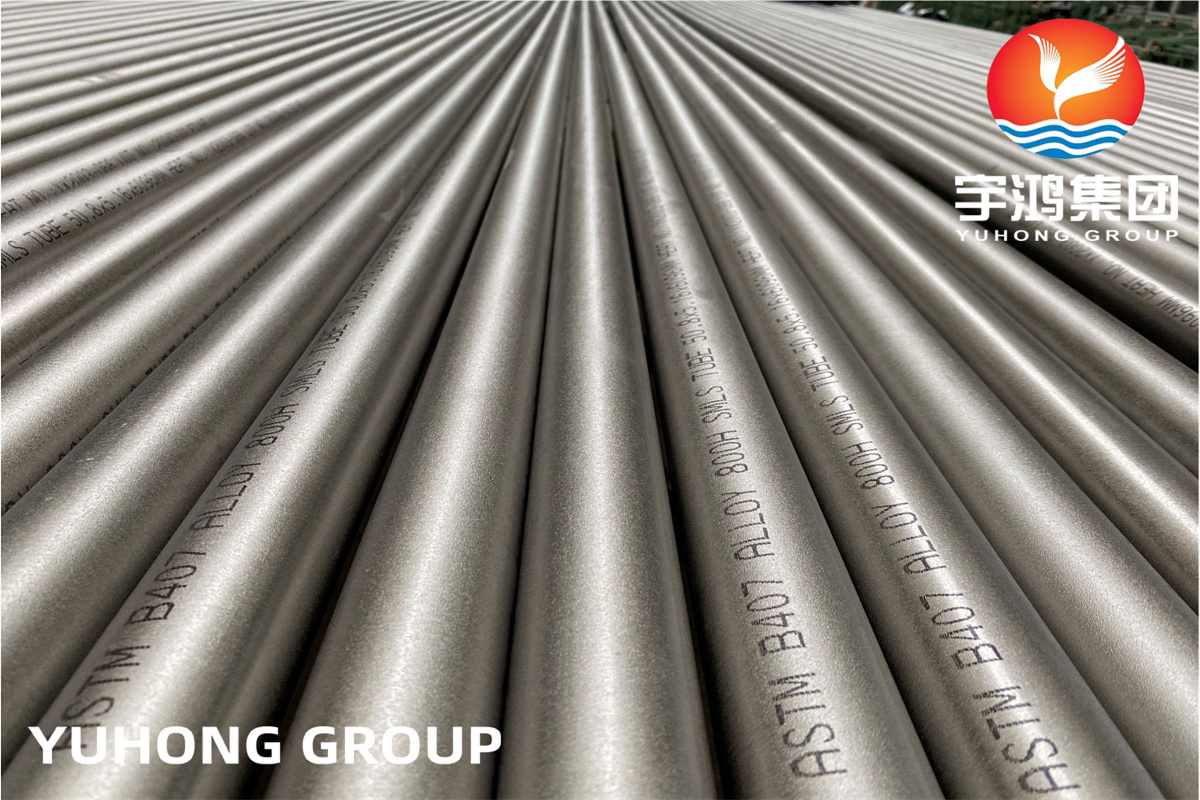
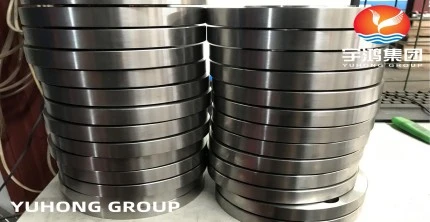
(1)_副本_副本.webp)
